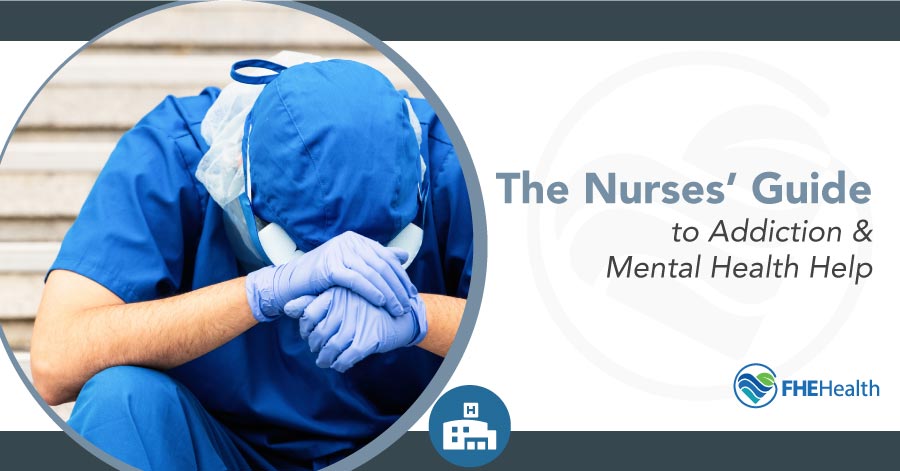
Nursing is a challenging job on many different levels. Caring for patients can be exceptionally draining, especially in hospitals where the ratio of nurses to patients is less than ideal. In addition, nurses are often tasked with emotionally charged tasks, like working with terminal patients or speaking with family members about patients who may not survive. Many nurses work twelve or sixteen-hour shifts, and some even work nights, making it difficult to have a normal life when not on the job.
While nursing is certainly a rewarding career for those with the aptitude for it, it’s far from an easy job. And, unfortunately, a stressful job like nursing can lead to a propensity for mental health issues and substance abuse problems. Nurses that don’t have proper stress outlets may find themselves depressed, anxious, or tempted by drugs or alcohol to manage the pressures facing them. PTSD in nurses is also common, especially after loss of a patient.
The nature of nursing—a medical job in which professionals are expected to be responsible—also makes it unlikely that nurses facing mental health and substance abuse issues will speak up. Some may feel as though being honest about problems will put their jobs at risk, while others may feel too ashamed or guilty to admit a need for help.
For nurses facing mental health or substance abuse, getting help is imperative. Support from a rehabilitation center can provide assistance in managing or overcoming issues, making it possible to live a safer, happier life and better manage the stressors of work.






